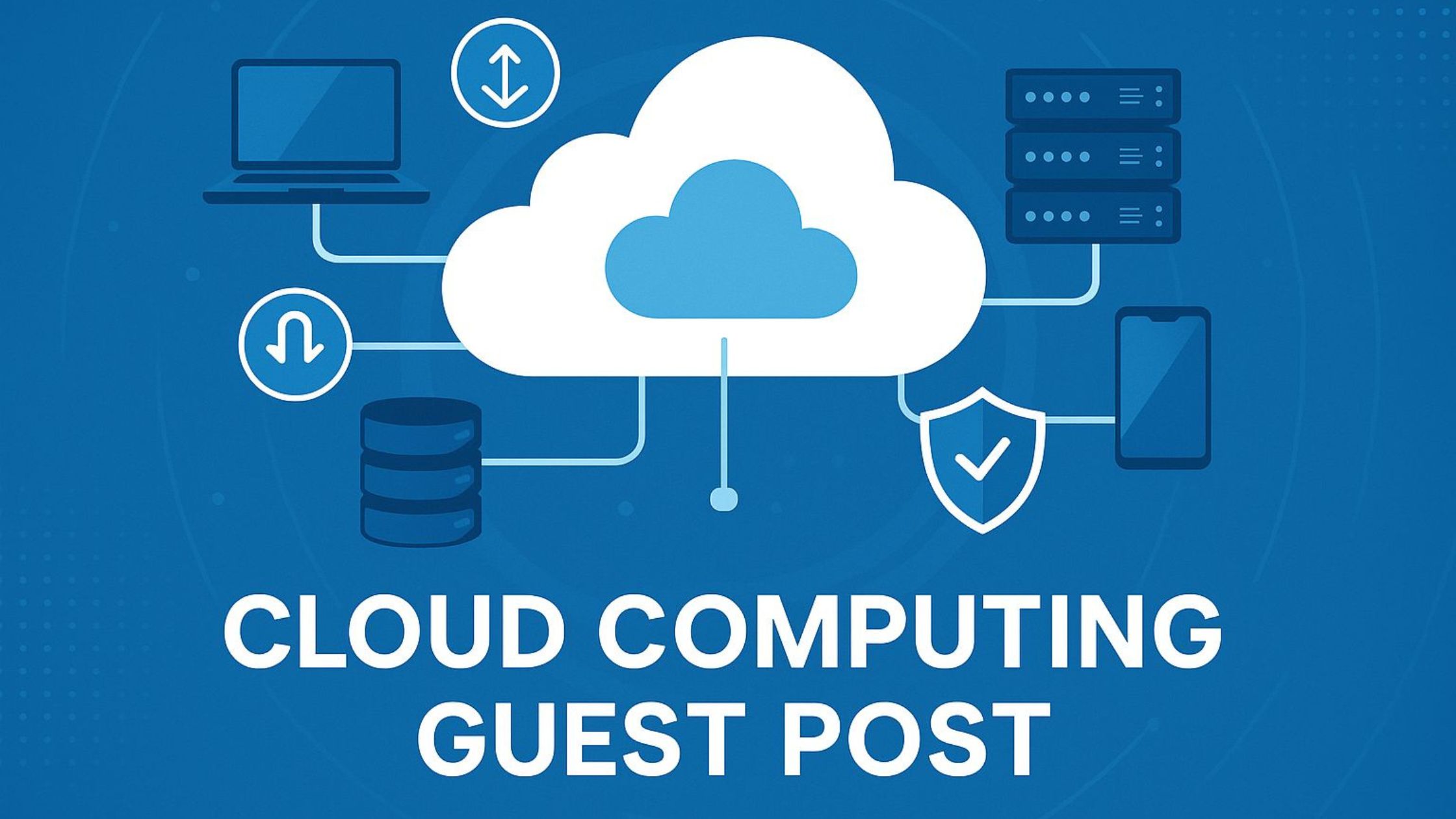

In the digital landscape of 2025 where AI content saturation is a concern and Google’s Helpful Content System penalizes low-quality publishing-education guest posting stands as one of the most powerful, ethical, and effective SEO strategies. As someone who has spent over 15 years helping universities, edtech startups, online course creators, and tutoring services grow through content, I’ve seen guest posting evolve from a link-building gimmick to a reputation-building engine.
Guest posting in the education sector goes far beyond backlinks. It’s about positioning yourself as a thought leader, earning trust, and getting cited in credible publication-the very signals Google rewards in 2025. In this post, I’ll walk you through real-world insights, client-tested strategies, and actionable frameworks to use guest posting in education as a long-term brand asset.
Most algorithm updates-especially the June 2025 Core and Spam updates-target content farms, AI-spun pages, and low-authority link schemes. But manual, EEAT-rich guest posts on relevant, high-authority education websites do the exact opposite:
Take, for example, one of our clients-an edtech SaaS company offering AI-based test prep tools. After publishing 12 guest posts on sites like EdSurge, Class Central, and eLearning Industry, their organic traffic grew 310% within 7 months. More importantly, their domain trust score increased from 24 to 42 (Ahrefs, Q1 2025).
Education is perhaps the most trust-sensitive vertical on the internet. Parents, students, and professionals look for credentials, experience, and institutional backing. When your guest post appears on respected platforms like Inside Higher Ed or Educause, you're not just earning a backlink you’re signaling to both humans and Google that you belong in the conversation.
A successful education guest post blends subject expertise, actionable value, and SEO structure. Here’s the framework we use with our agency clients:
🔍 Example: A guest post on “The Rise of Virtual Labs in STEM Education” that includes:
Targeting the right publications is crucial. Focus on sites that:
If you're in the test prep, LMS, or certification space, niche forums like Learning Solutions Magazine or Online Learning Journal provide even higher intent audiences.
Google’s updated EEAT signals now include “experience” markers what I call digital fingerprints of your real-world role. Instead of writing as a brand, write as:
For example:
"According to a 2024 report by HolonIQ, the global EdTech market will exceed $560 billion by 2027, driven by hybrid learning platforms and credential-based education models."
Use sources like:
For EdTech Startups
Showcase product integrations, app usage stories, or early adoption case studies.
For Schools & Institutions
Focus on pedagogy shifts, inclusion strategies, or teacher training success metrics.
For Online Course Creators
Write about engagement tactics, learner completion frameworks, or course design tips.
For Tutors & Coaches
Discuss personalization, cognitive learning models, or emotional support in remote tutoring.
1. What is education guest posting?
It’s the process of publishing expert-level content on reputable education websites to gain visibility, backlinks, and authority in the academic space.
2. Is guest posting still effective in 2025?
Absolutely. As long as it's high-quality, niche-relevant, and human-authored, guest posting remains a top white-hat SEO strategy.
3. Where can I publish guest posts in education?
Platforms like EdTech Digest, TeachThought, and Inside Higher Ed are popular choices. Look for sites that accept contributions in your niche.
4. How do I pitch an education guest post?
Craft a personalized email, include a few headline ideas, show your credentials, and explain why your topic is relevant to their audience.
5. Can guest posts help my EdTech startup?
Yes. Guest posting can help position your product as a solution to real problems, build backlinks, and generate referral traffic.
6. What type of content works best for education guest posting?
How-tos, case studies, opinion pieces, and research-backed articles perform well.
7. How do I ensure my guest post meets EEAT standards?
Include professional credentials, cite trusted sources, and add personal experience or insights.
8. What are common mistakes in guest posting?
Writing generic content, ignoring the host site's audience, and failing to provide value beyond self-promotion.
9. Can I outsource education guest posting?
Yes, but choose agencies or writers with actual education sector experience like Guest Post Experts.
10. How long does it take to see results?
It varies. Some brands see traffic growth in weeks; for SEO benefits, expect results within 2–6 months.
Guest posting in the education sector is not a quick SEO trick it’s a long-term credibility strategy. When done right, each guest article becomes:
As someone who's helped over 120 education businesses grow through content since 2009, I can confidently say: Guest posting isn't dead it just grew up.
Provide clear contact information, including phone number, email, and address.

Learn how cloud software brands can use guest posting to build authority, drive targeted traffic, and strengthen SEO — with practical strategies and examples.
Read More
“Learn how to secure and write cloud computing guest posts that drive authority, traffic, and trust — with tips, examples, and pitfalls to avoid.”
Read More
Discover trusted guest posting services in the UK, how to evaluate them, and which providers offer real results without risky shortcuts.
Read More

Effective SEO strategies not only elevate a website's visibility but also drive targeted traffic, enhance user experience
All Right Reserved @ 2004 - 2025
